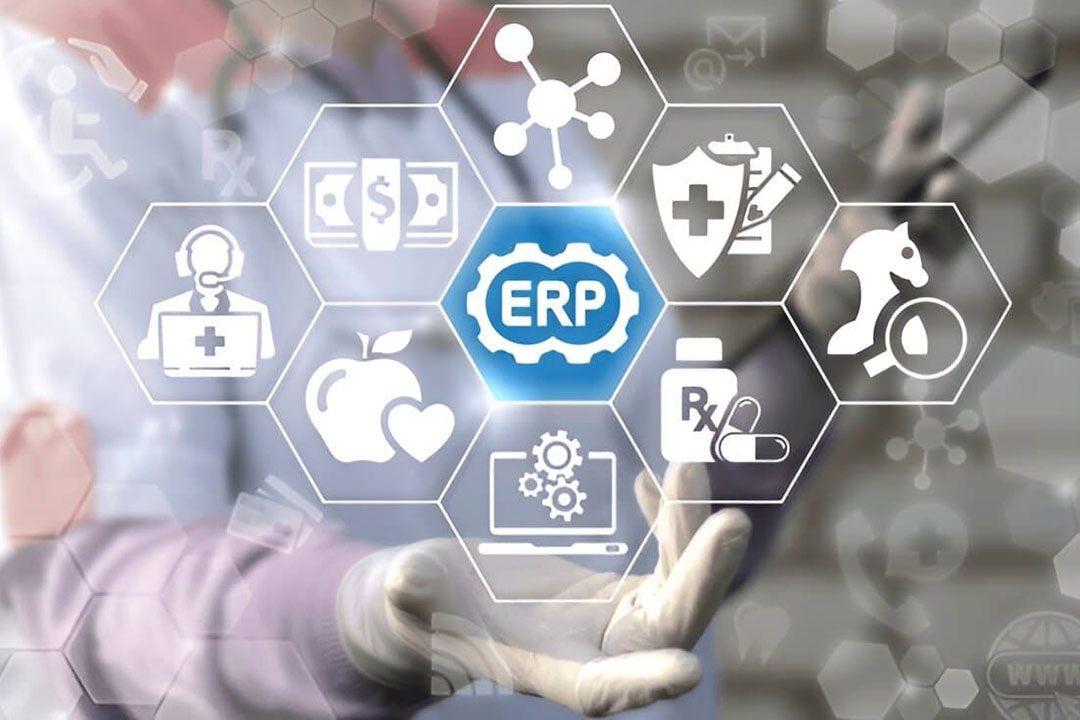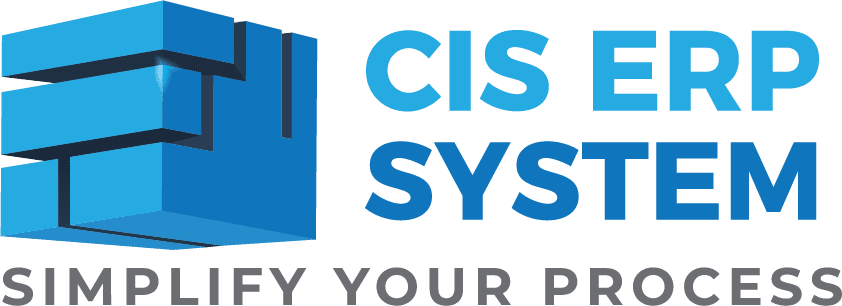
Today’s healthcare providers carry more than just the responsibility of patient well-being; they’re also fighting daily battles with inefficiencies, rising costs, and outdated systems. And when time is tight and every second counts, those problems quickly turn into critical setbacks. That’s precisely why many forward-thinking hospitals and clinics now rely on ERP for healthcare industry solutions to operate efficiently, accurately, and with coordination.
In simple terms, ERP for the healthcare industry refers to software that unifies all back-end processes into a single, seamless system, encompassing finance, HR, inventory, billing, and patient records. But more than that, it transforms how healthcare teams work, how patients experience care, and how leaders plan for the future.
Let’s take a deeper look at how ERP is not just improving healthcare, but changing it completely.
Why Healthcare Needs ERP Now More Than Ever
Whether it’s a community clinic or a multi-speciality hospital, managing operations without the right technology can slow everything down. Teams waste hours juggling disconnected systems. Patient data gets scattered. Inventory goes untracked. Costs spiral out of control.
Healthcare ERP systems solve these problems by automating routine tasks, improving visibility, and connecting every department in real time. That allows leaders to make faster decisions, reduce waste, and focus on what truly matters, better patient care.
Hospital ERP Software: A Practical Approach to Smarter Operations
Unified Data Across Departments
With hospital ERP software, all departments from the front desk to finance work from the same database. This eliminates duplicate entries and makes every update visible in real time.
Doctors can access patient history quickly. Billing teams don’t need to chase paperwork. Inventory managers see what’s in stock at a glance. The entire organisation runs with greater precision.
Smart Scheduling and Staff Management
One of the strongest pain points in healthcare is staff availability. ERP software tracks shifts, attendance, and workload, ensuring the right professionals are on the floor at the right time and reducing stress, ultimately improving outcomes.
Patients benefit from shorter wait times, while staff feel supported by clear scheduling and fair task distribution.
Inventory and Supply Chain Control
In the healthcare world, missing supplies can lead to serious risks. With ERP medical tools, teams can monitor stock levels in real time, receive low-supply alerts, and streamline reordering processes.
This prevents costly stockouts and over-purchasing, and helps hospitals reduce waste, especially when managing temperature-sensitive or short-shelf-life items.
Key Benefits of ERP for the Healthcare Industry
1. Improved Patient Care
When systems talk to each other, care becomes faster and more informed. Physicians and nurses gain instant access to treatment history, lab results, and medication schedules. That improves safety and personalization.
2. Operational Efficiency
By automating scheduling, billing, HR, and reporting, healthcare ERP platforms free up staff time and reduce bottlenecks. Teams no longer rely on manual entry or disconnected spreadsheets.
3. Reduced Costs and Resource Optimization
ERP helps healthcare organizations identify where time and money are being wasted. It tracks where delays occur, identifies underutilized supplies, and suggests ways to improve workflows. This results in smarter use of resources and noticeable cost reduction.
4. Better Financial Management
ERP software automates revenue cycle management from claims processing to payment reconciliation. This minimizes billing errors and accelerates reimbursement timelines.
5. Compliance and Data Security
Hospitals must meet strict rules like HIPAA. Healthcare ERP systems incorporate built-in compliance features, audit trails, and access controls to safeguard sensitive data and ensure regulatory adherence.
6. Scalability for Growth
Whether expanding services or opening new branches, ERP platforms scale easily. This ensures your system grows with your organization, not against it.
Overcoming ERP Implementation Challenges in Healthcare
Introducing ERP into a healthcare environment isn’t always smooth. The most common hurdles include:
- Resistance to Change: Staff often feel overwhelmed by new systems.
- Complex Integration: Many hospitals use legacy software that’s hard to replace.
- Training Gaps: Time and budget constraints can slow down staff onboarding.
Solutions That Work
- Start Small: Begin with one module at a time, such as HR or inventory, to minimize disruption.
- Communicate Clearly: Show staff how ERP solves daily frustrations, not adds to them.
- Partner With Experts: Partner with knowledgeable vendors who understand hospital operations and provide continuous support.
Choosing the Right ERP Medical Software
The best ERP software is the one that aligns with your actual business needs. Here’s what to consider:
- Function Fit: Ensure it covers the necessary modules, such as billing, scheduling, inventory, and HR.
- User-Friendliness: Doctors and nurses shouldn’t need an IT degree to use it.
- Integration Capabilities: Make sure it seamlessly integrates with your existing systems and medical devices.
- Vendor Reputation: Look for companies with strong experience in healthcare ERP.
- Customer Support: Choose a provider that offers hands-on onboarding and 24/7 assistance.
Conclusion
ERP for the healthcare industry is more than software, it’s a smarter way to care. It empowers staff, protects patients, and strengthens operations from the inside out. For healthcare leaders ready to transform how they deliver care, ERP is no longer optional, it’s essential.

